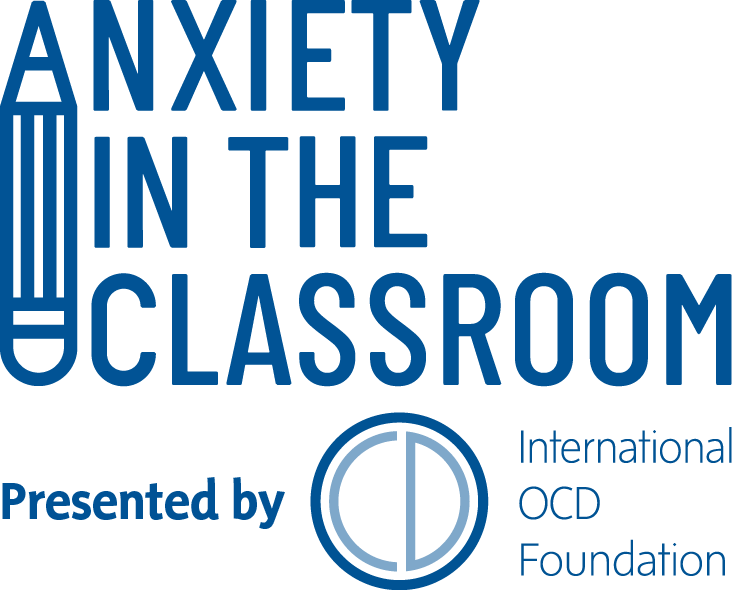Getting the Meeting
A great first step in the process to get your child accommodations at school is to talk to their teacher. Their teacher is the person who spends the most time with them during the day, and will likely have the most insight into how they are doing in school. If your child has more than one teacher, start with the one they spend the most time with during the day, or the one your child feels most comfortable with. If your child has a good relationship with anyone else at school, such as the school nurse, school counselor, or a paraprofessional, it would be a good idea to talk to them as well (visit "How to Talk to School Staff" to learn more).
Start by discussing the things you notice about your child’s behavior at home and in relation to their schoolwork, and ask them what, if anything, they may have noticed in school. Once you have the ear of one or more staff members at school, ask for a meeting to evaluate your child for an IEP under IDEA. The school is required by federal law to comply with your request and set the wheels in motion for an evaluation.
To Disclose or Not to Disclose?
Many families are so worried about their child being stigmatized that they do their best to keep the condition(s) a secret from the school. The fear is that it will somehow appear on a child’s record, make a child stand out in a negative way, cause the child to become isolated and picked on, and ultimately hamper the child’s ability to get accepted to a college at some later date. That said, if any of these things were to actually happen, it would be a clear case of illegal discrimination against your child.
Experience has shown us that far more problems arise when schools are unaware of what a child might be struggling with, leaving the child unable to get extra help or resources that could have made a big difference if only the school had been informed. Keeping secrets about your child’s mental health condition(s) can only increase the stigma of psychiatric illness. On the whole, it is better to share this information with those people who are responsible for educating your child rather than leaving them scratching their heads and feeling unable to help.
When asked to evaluate a student, schools usually default to first assessing their academic skills (including the ability to read, write, and compute). These are areas in which schools have primary expertise, and can legitimately diagnose a disability. Schools do not usually diagnose mental health conditions — this is instead the responsibility of clinicians with specialized training, credentials, experience, and expertise. In some ways, this makes advocacy for students with mental health conditions considerably easier, because the diagnosis of the problem and the expertise regarding interventions usually begins outside the school district’s purview.



